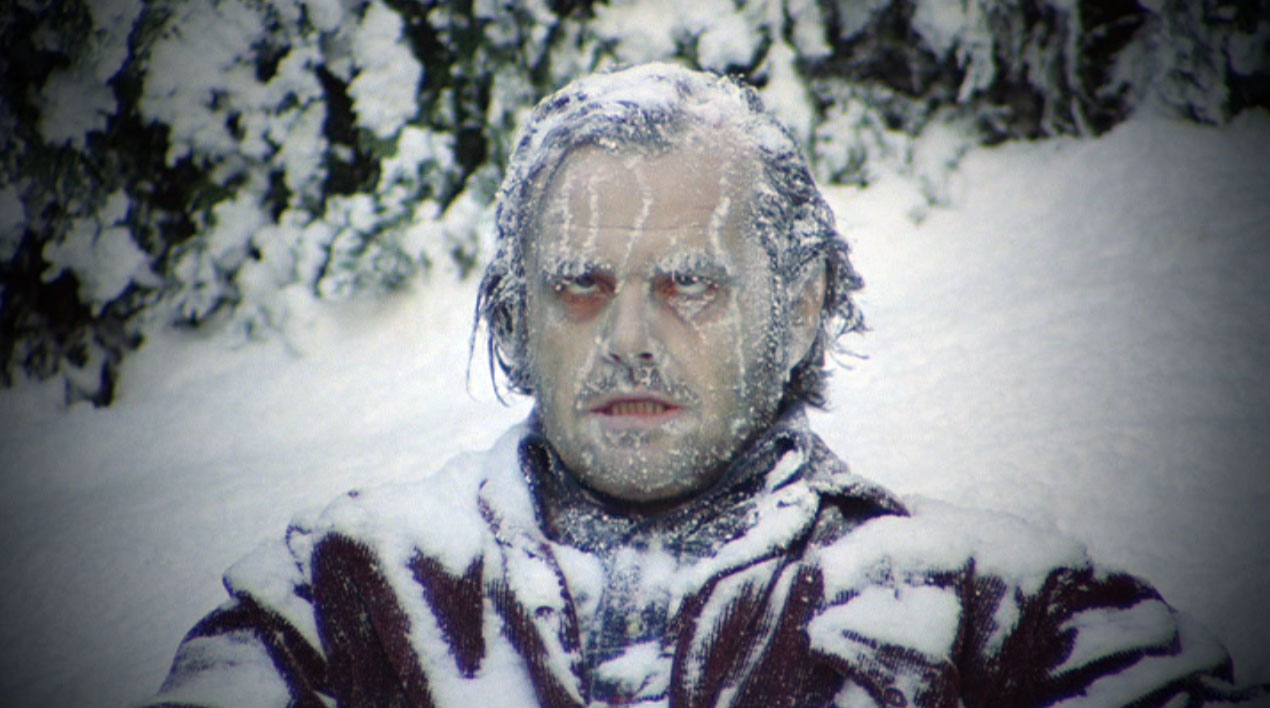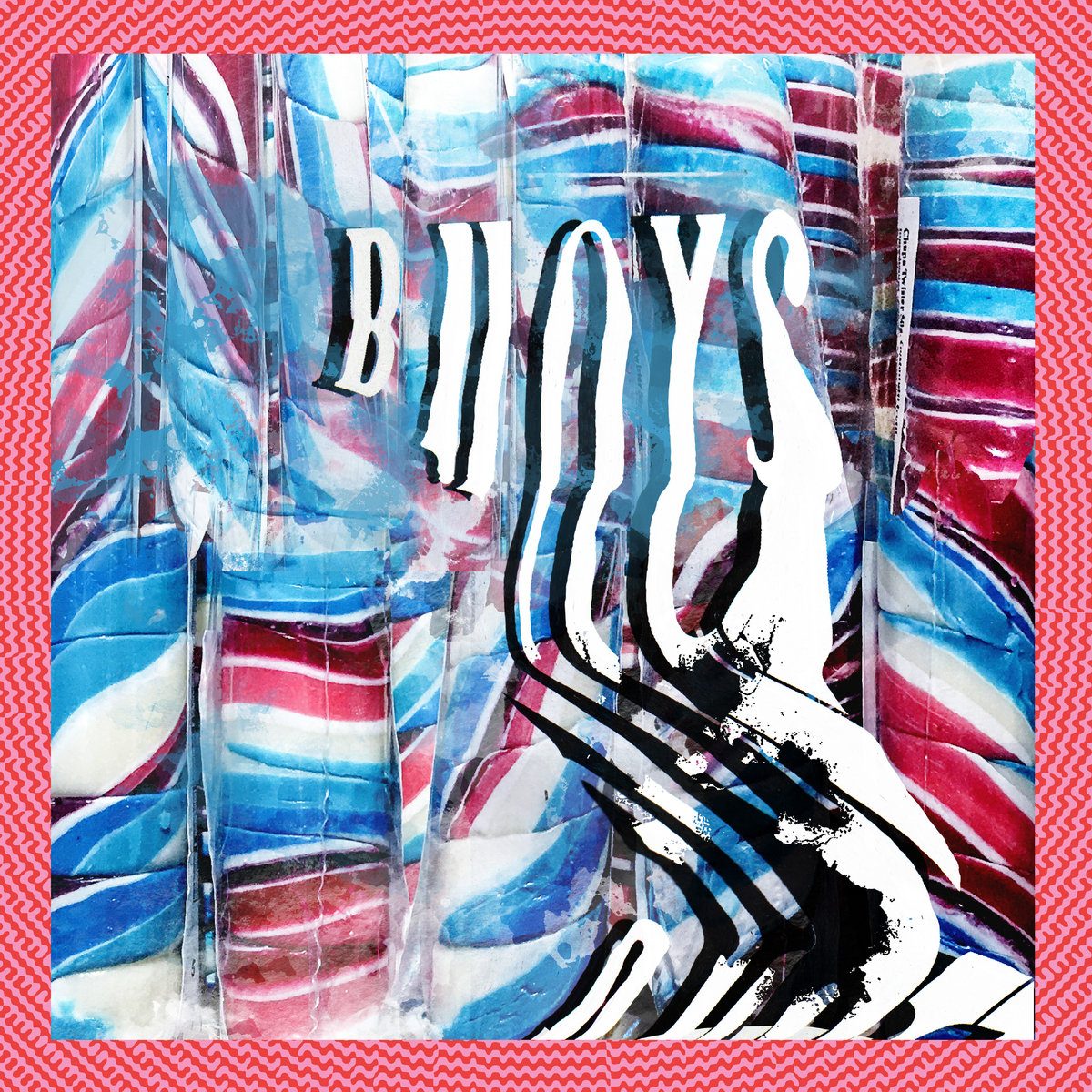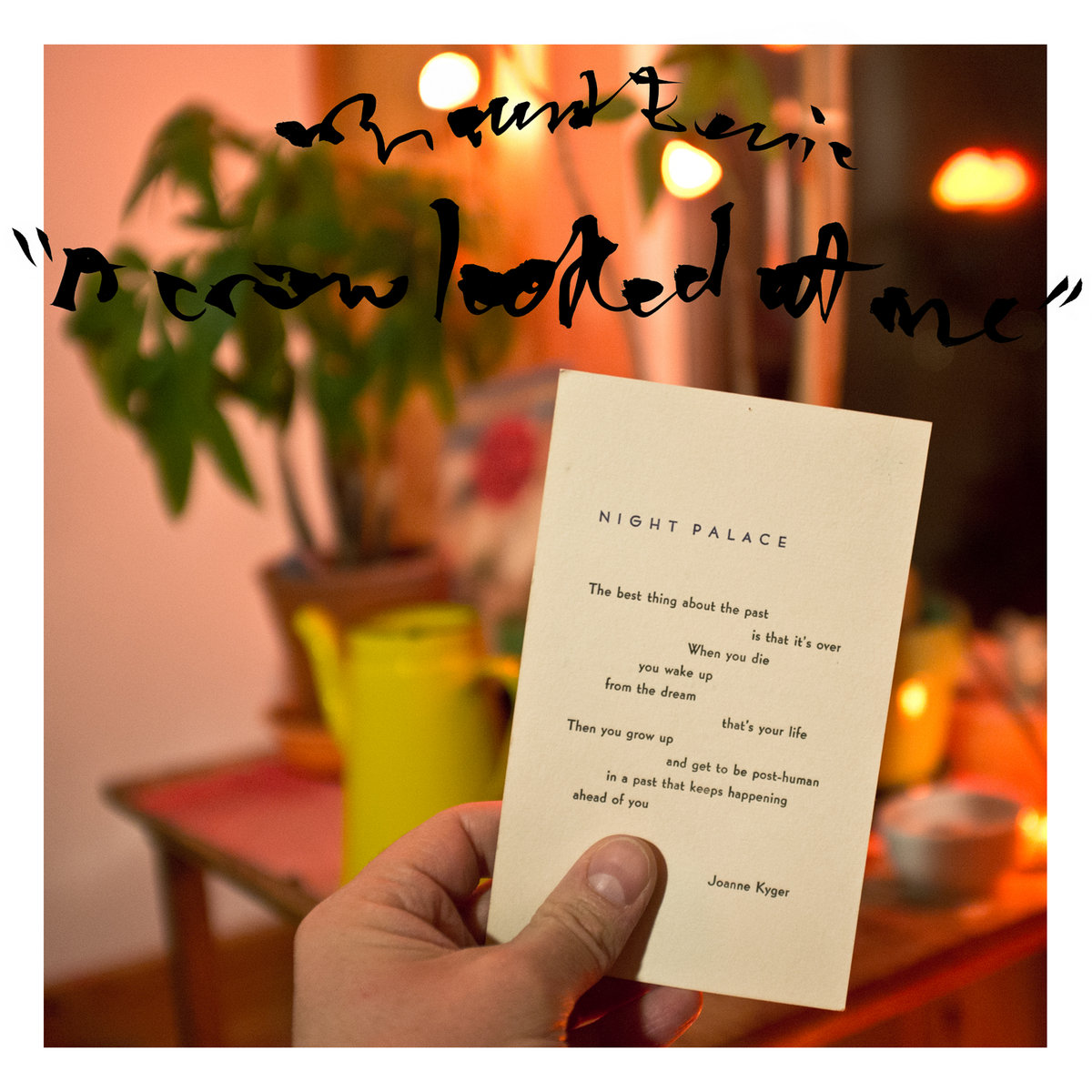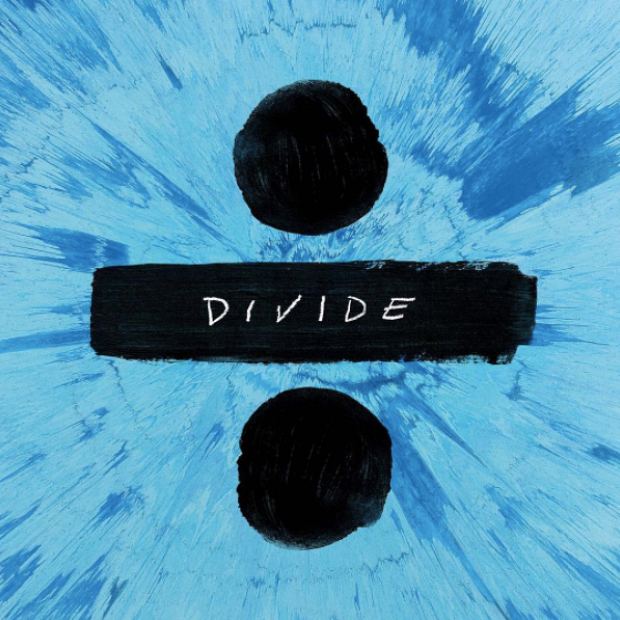It’s time for a new album from the baroness of bleakness. The duchess of dejection. The monarch of melancholia. THE SULTANA OF SADNESS. Why am I introducing here like a wrestler??? It’s LANA DEL REY.
“A collection of profound and epic album reviews and musical articles by former astronaut and brain surgeon, Alasdair Kennedy. Reaching levels of poetry that rival Keats and Blake, the following reviews affirm Alasdair to be a prodigy, a genius and a god whose opinion is always objectively right. He is also without a doubt the most modest man in the universe.” - Alasdair Kennedy
Showing posts with label folk. Show all posts
Showing posts with label folk. Show all posts
Wednesday, 7 April 2021
Monday, 31 August 2020
Thursday, 28 February 2019
Sunday, 14 May 2017
Tuesday, 18 April 2017
Review of 'A Crow Looked At Me' by Mount Eerie
This might just be the most powerful record I’ve ever listened to. And trust me, I’ve listened to a lot of records.
Sunday, 19 March 2017
Tuesday, 9 June 2015
Review of 'Universal Themes' by Sun Kil Moon
‘I’ll tell you another
story here, because you know, well, what the fuck’
48-year-old, Ohio-born, War-On-Drugs-trolling
singer-songwriter Mark Kozelek (AKA Sun Kil Moon) released one of the best
albums of 2014, Benji. If you don’t
agree you either haven’t listened to it yet, or you’re an idiot.
What was on the surface essentially middle-aged
death-obsessed ramblings revealed itself to be a masterpiece in raw storytelling
that melded heartfelt emotion, brutal honesty, vivid imagery and bone-dry black
humour. It was an album that was as positive as it was depressing, seemingly
celebrating life’s tragedies as character-defining moments that make us who we
are.
 |
| Mark Kozelek looking bright and happy |
Barely a year later, we now have the tough follow-up album, Universal Themes. As the first track swiftly
reveals, this is not an album about dying relatives, but rather dying possums.
The focus is no longer on the effect of major past life events. Instead, Mark
chooses to sing about the day-to-day trivia of the present – the HBO series he’s
been watching, the gigs he’s been attending and the plight of eating pasta
pomodoro for the 38th time in a month.
The tales are less dramatic. In fact, they’re quite mundane.
However, this turns out to be part of Universal
Themes’ charm.
Mark proves that the little things can have just as much of
an impact on one’s life as major events. The dying possum becomes a metaphor
for how Mark would like to live his life: ‘I
want to grow old and walk the last walk, knowing that I too gave it everything
I got’.
Of course not all of these day-to-details have a deeper
meaning. Some are deliberately aimless, merely for comedic value – the brilliant
title of the last track being an example of this: ‘This is my first day and I’m
Indian and I work at a gas station’.
The motive seems to be to catch the rawness of real life –
the fact that not every detail of life has to fit an overarching theme.
 |
| Another photograph of Mark Kozelek |
Sonically, this rawness is also reflected. The music is
arguably more detailed than on Benji
(it’s not all acoustic guitars this time around and songs often have multiple
progressions). However, there’s a feeling of fragility to it all. Sometimes it
sounds like Mark didn’t even bother to tune the guitars up properly. Mark’s
voice is also a lot more stripped back, often struggling to stay in key.
Sometimes this makes Universal
Themes all the more earthy but there are moments where it doesn’t pay off.
The song with ‘A Sort Of Grace I Walked To The Bathroom To Cry’ sounds like a
bad garage rock song and Mark’s Barney-Gumble-yelling is simply painful to
listen to. Similarly, the vocal tone on ‘Ali/Spinks 2’ feels just as awkward
and ugly, taking away any beauty from the lyrics.
Overall, the best tracks are where Mark sticks to his standard vocal tone and keeps the guitars unplugged. ‘Birds of Flims’ and 'The Possum' stand out as my favourites. Here the shifting mood of the lyrics and the shifting mood of the instrumental really come together in a way I've never experienced before.
★★★★☆
CHECK OUT TRACK TASTER HERE
Friday, 10 April 2015
Review of 'Carrie and Lowell' by Sufjan Stevens
‘We’re all gonna die,’
sings Sufjan.
Depression is a fashion accessory in the music industry. You
only have to look at the Yung Leans and Lana Del Rays and Earl Sweatshirts of
this world (plus every emo band that’s every existed) to realise that it’s cool
to be sad. It’s been that way since The Smiths.
This new album from Sufjan Stevens is a reminder of what
true, raw tragedy sounds like. Stripping back his sound and spilling out his
guts, the American singer-songwriter leads us through the darkest chasms of his
psyche following the death of his mother.
There are no bells and whistles, no crocodile tears, no acting.
Sufjan lays his emotions bare, delivering his vocals as sweet sighs over
percussionless instrumentals consisting largely of a single folksy guitar. The
lack of drums gives the album a peacefulness and an ambience that feels like a
welcome countryside break from the busy, urban world of dubstep drops and party
tunes. The whole Earth seems to stop whilst listening to these songs –
particularly ‘The Fourth of July’ in which Sufjan feels at his most exposed. Usually
I’d dismiss the line ‘we’re all gonna die’
as gimmicky melodrama, but in this song when Sufjan utters it, describing it as
the only thing he’s learnt from his mother’s passing, there’s a true conviction
to it that had me feeling chills.
 |
| Me whilst listening to 'The Fourth of July' |
Shockingly, there is no life lesson on Carrie and Lowell. Sun Kil Moon’s similarly-themed Benji (which I seem unable to stop talking
about on this blog) seemed implicitly to be a celebration of life’s tragedies
as useful character-defining moments in his life. Sufjan, by contrast, doesn’t
seem to have any positive advice to give his fellow sufferers. Track 7, ‘The Only
Thing’, is borderline suicidal (he goes so far as to question tearing out his
own eyes!). ‘Faith in reason, I spent my
life playing dumb’ seems to be his only solution, giving his listeners some
small solace that he isn’t about to slit his wrists any time soon.
There are also some flecks of humour in amongst the
bleakness that stop Carrie and Lowell
from being a total downer. In recounting past memories, he tells the tale of his
old swimming instructor who couldn’t pronounce his name, and hence resigned to calling
him ‘Subaru’ – a moment that did make me chuckle. Sufjan’s efforts to entertain
with rich imagery also gives the album much needed colour amongst the greyness.
References to folklore and mythology are particularly prevalent throughout the
record. There are vampires and dragons, mentions of Medusa and Pegasus, references
to Perseus and Poseidon. Casper the ghost even make a cameo.
 |
| Subaru Stevens looking mythical |
As described when featuring the single ‘No Shade In The
Shadow of The Cross’ on this blog, this use of folklore and mythology seems to
me to be an attempt to escape the reality of his depression: ‘Amethyst and flowers on the table/ is it
real or a fable?’ That, and it also spruces up the landscape, which
instrumentally is very barren.
In fact, this is my only gripe with the record – sonically
it’s stripped back, but almost too far. Illinois
really showed the instrumental talent and melodic diversity that Sufjan could
bring to the table, sporting flutes and string sections and big horns. This
record is all lonely subtle guitars, which is pleasant for the first few tracks
but a little stale towards the end. I’m not saying Sufjan should have added
drums or brass sections like there were in Illinois
– that would totally take away from the raw vibe. However, a few bare piano
numbers could have added some diversity. The slow synth passages feel like
attempts to vary things up, but most of them are a little too samey. The
interlude at the end of ‘Drawn To The Blood’ sticks out as the only moment
where Sufjan tries to get in the listener’s face instrumentally. Subtlety has its
charm, but it also has its limits.
Lyrically, Carrie and
Lowell has enough substance to make up for this, and if you’re one of the
few naysayers who thinks that this album is boring simply because of the
instrumentals, then you’re clearly not focusing your ears in the right
direction. There’s a reason this album is getting such high praise from critics and that’s
because the words coming out of the Sufjan’s mouth have more heart and brain
behind them than most artists you’re likely to hear this year.
★★★★☆
TRACK TASTER:
Saturday, 14 February 2015
Monday, 22 September 2014
Review of 'This is all Yours' by alt-J
This is all Yours
kicks off with some choppy, octave jumping ‘la-la-la’ harmonies. It then dives
into some brief singing and pounding, sharp drums. This sets the scene for the unique indie-folk-electronic sound that is alt-j.
Monday, 1 September 2014
Review of 'True That' by Michael Cera
Hollywood actor, Michael Cera, shows off his musical side,
serving up a selection of strange jazz and folk instrumentals. It’s a creative
little album, I’ll give him that. Unfortunately, the whole thing sounds like it
was recorded with a potato.
Thursday, 3 April 2014
Review of "Arc Iris" by Arc Iris
Thursday, 6 February 2014
Review of "Benji" by Sun Kil Moon
At a glance, some of the track titles on this album – “I can’t
live without my mum” and “I love my dad” – initially struck me as childish and soppy. However, this succinct openness swiftly
reveals itself to be the thing that makes Benji
so goddamn good.
Subscribe to:
Posts (Atom)












